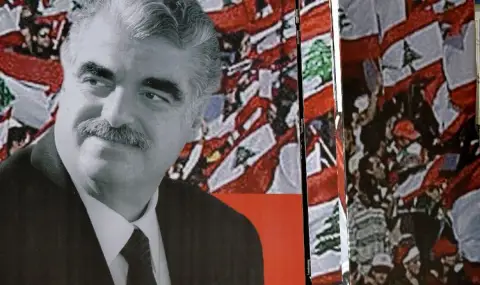The assassination of Prime Minister Rafik Hariri on February 14, 2005 plunged Lebanon into a series of political crises, assassinations and attacks that led to religious clashes in May 2008, reminiscent of the 15-year civil war in the 1970s and 1980s.
Rafik Hariri is highly respected among world leaders. He is a close friend of French President Jacques Chirac. Some consider him dangerous because of his ties to the EU and the West. Chirac was among the first to call to express his condolences to Hariri's wife. A special tribunal for Lebanon is being created precisely at the insistence of the French president.
After Hariri's death, several other people who also have anti-Syrian views followed, including Samir Kassir, George Howie, Gerban Tueni, Pierre Amine Gemayel and Walid Eidou. Attempts were made to assassinate Elias Moore, Mai Chidiak and Samir Shehadeh, who is also among those investigating Hariri's death.
The assassination itself was carried out in the good traditions of the Middle East.
The special court in the case of the assassination of former Prime Minister Rafik Hariri in 2020 found one of the four suspected members of the Shiite group "Hezbollah" guilty. The verdict will further shake the country after the devastating Beirut blast that killed more than 160 people.
Judges at the Special Court for Lebanon, sitting in the Netherlands, convicted Hezbollah's main suspect, Salim Ayash, of the 2005 assassination of Rafik Hariri. Reading out a summary of the 2,600-page verdict, Judge David Re said he was charged with murder and terrorism against Hariri and 21 others.
After gathering evidence, the UN and the Lebanese government set up a special tribunal in 2007 to investigate the assassination attempt. The defendants were four suspects who were tried in absentia.
Supporters of "Hezbollah", which is also a political party in Lebanon, rejected the trial, arguing that it was not politically neutral.
